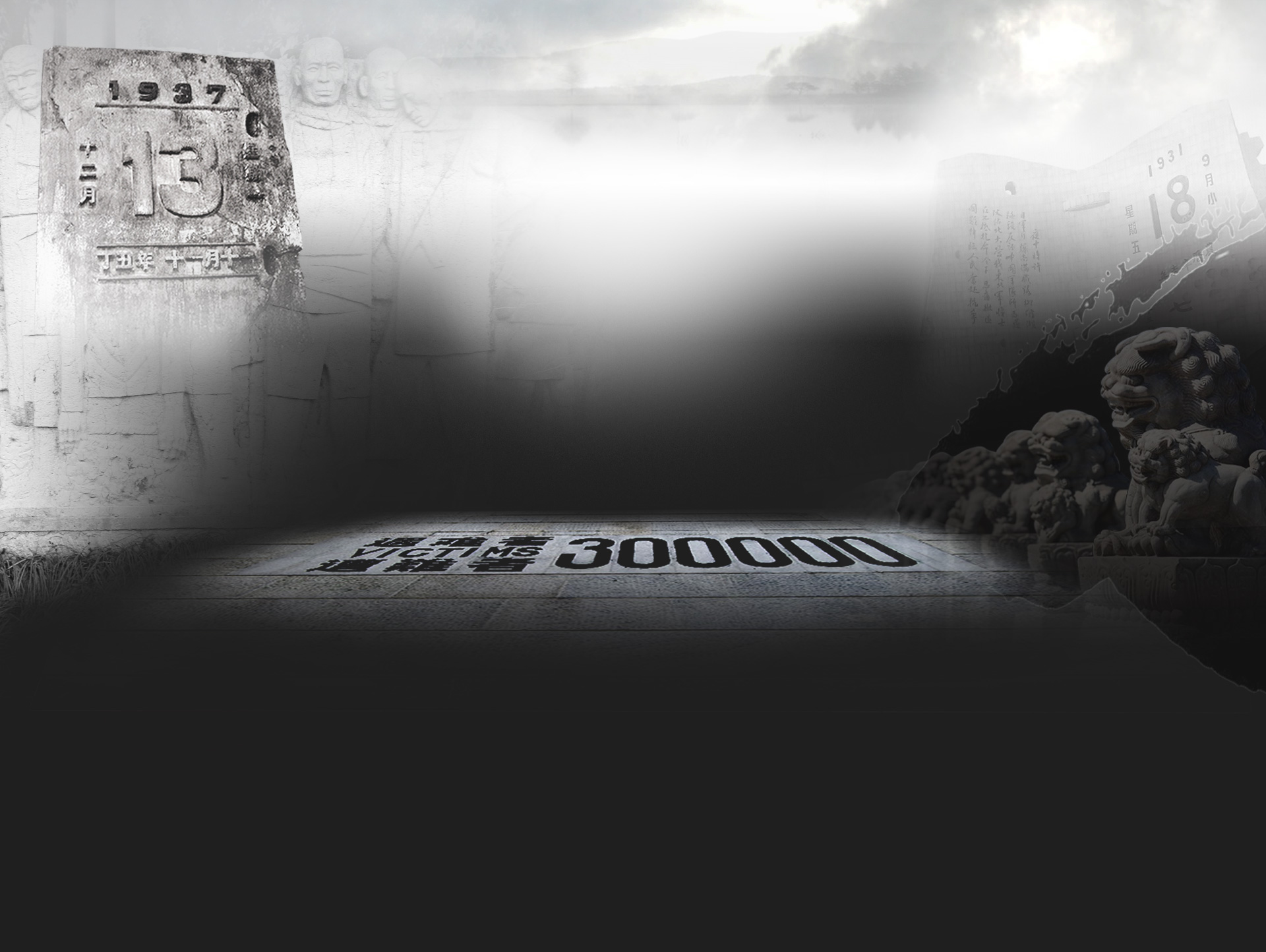
Members of an anti-war NGO based in Kobe, Japan attend a peace assembly at the Memorial Hall of the Victims in Nanjing Massacre by Japanese Invaders in Nanjing, capital of east China's Jiangsu Province, Aug. 15, 2017. Representatives from countries such as China, Japan, Pakistan, Bangladesh and Jordan attended the assembly to commemorate the 72nd anniversary of Japan's unconditional surrender in World War II. (Xinhua/Ji Chunpeng)
NANJING, Aug. 15 (Xinhua) -- A peace assembly was held Tuesday in Nanjing, capital of east China's Jiangsu Province, to commemorate the 72nd anniversary of Japan's unconditional surrender in World War II.
Representatives from countries such as China, Japan, Pakistan, Bangladesh and Jordan attended the assembly in the Nanjing Massacre Victim's Memorial Hall, mourning the 300,000 people who died in the massacre in the name of world peace.
On Dec. 13, 1937, Japanese troops began six weeks of destruction, pillage, rape and slaughter in Nanjing. More than 300,000 Chinese, including unarmed soldiers and innocent civilians, were murdered.
Hida Yuichi with Japan-based Kobe Student Youth Center laid a wreath and stood for several minutes in silence. It was the 21st time he had attended the peace assembly in Nanjing.
He said he had watched a documentary about Unit 731 by Japan's public broadcaster NHK before he visited China and was "shocked" by what he saw.
The documentary strengthened his belief in the truth. Regrettably, he said, many people in Japan still denied their war crimes including the Nanjing massacre and Unit 731, a germ warfare unit in northeast China's Heilongjiang Province.
Raqibul Hassan, an overseas student from Bangladesh, held a piece of paper reading "please say sorry."
He said the WWII ended 72 years ago. Germany has apologized for its war crimes, but Japan had not. He hoped more Japanese would say sorry to Chinese people.
Miyauchi Yoko, head of an anti-war NGO based in Kobe, Japan, said young Japanese still think that they were the victims because of the U.S. use of the atom bomb on two Japanese cities, and do not recognize Japan as the villain of the piece.
"Don't take peace for granted. It should be pursued and maintained," said Ali Qadir, a Pakistani student. "Everyone should learn a painful lesson from war."
This year is the 72nd anniversary of the end of the war. Every year around Aug. 15, peace-loving NGOs across the world gather in the Nanjing to remember the victims.
The Exhibition Hall of Crime Evidences in northeast China's Harbin, built upon the ruins of Unit 731, has received over 1.9 million visitors since it opened two years ago on Aug. 15.
According to Jin Chengmin, the curator, foreign visitors account for about 10 percent. Most come from the Republic of Korea, Japan, Russia, Europe and America. The largest tour group to visit came from Japan with over 270 members.
In late 1990s, Jin discovered a transfer file which documented people sent to Unit 731 for human experimentation without court trials. So far experts have identified 1,549 victims from the file.
In the exhibition hall, a complete evidence chain including the ruins, documents and testimonies, retells Japan's crimes against humanity, Jin said.
"However, the Japanese government has remained silent all these years. The NHK documentary sent a message that a large number of Japanese wish to know the truth," he said.
Unit 731 was a top-secret biological and chemical warfare research base established in Harbin in 1935 as the nerve center of Japanese biological warfare in China and Southeast Asia during WWII.
Civilians and prisoners of war from China, the Soviet Union, the Korean Peninsula and Mongolia all perished at the hands of Japanese scientists.
The retreating Japanese invaders blew up the base when the Soviet Union army took Harbin in 1945.
In north China's Shanxi Province, the memorial hall of Michael Lindsay and Li Hsiao opened to the public for free on Tuesday.
Lindsay arrived in China at the invitation of John Leighton Stuart, headmaster of Yenching University (later Peking University), to teach economics in December 1937. He married Li Hsiao, a Chinese graduate, while transporting supplies to the Communists.
Lindsay also built hundreds of radio stations for Communist guerrillas in north China and broadcast news about Chinese attacks behind enemy lines in English to the rest of the world.
The couple continued to promote the friendship between China and Britain after the WWII victory.
"The spirit of the Lindsays is worth remembering, and the memorial hall aims to record the couple's heroic deeds," said Chang Shuming, a local Party chief.
